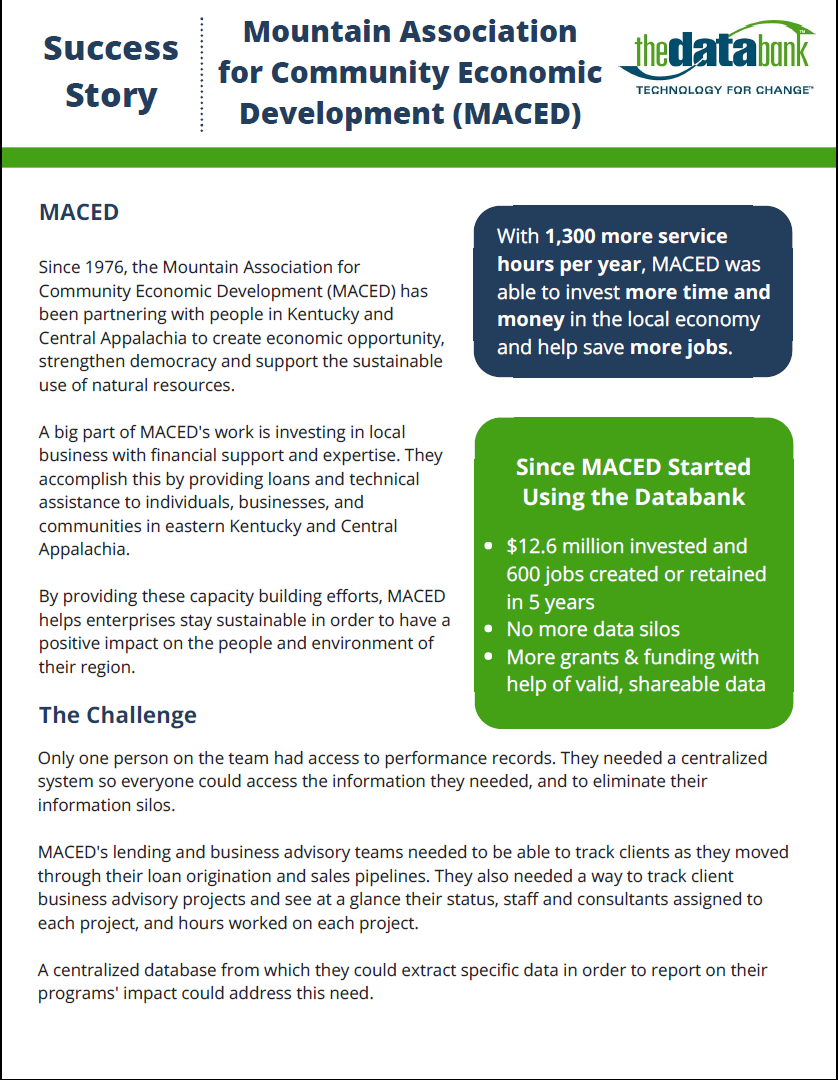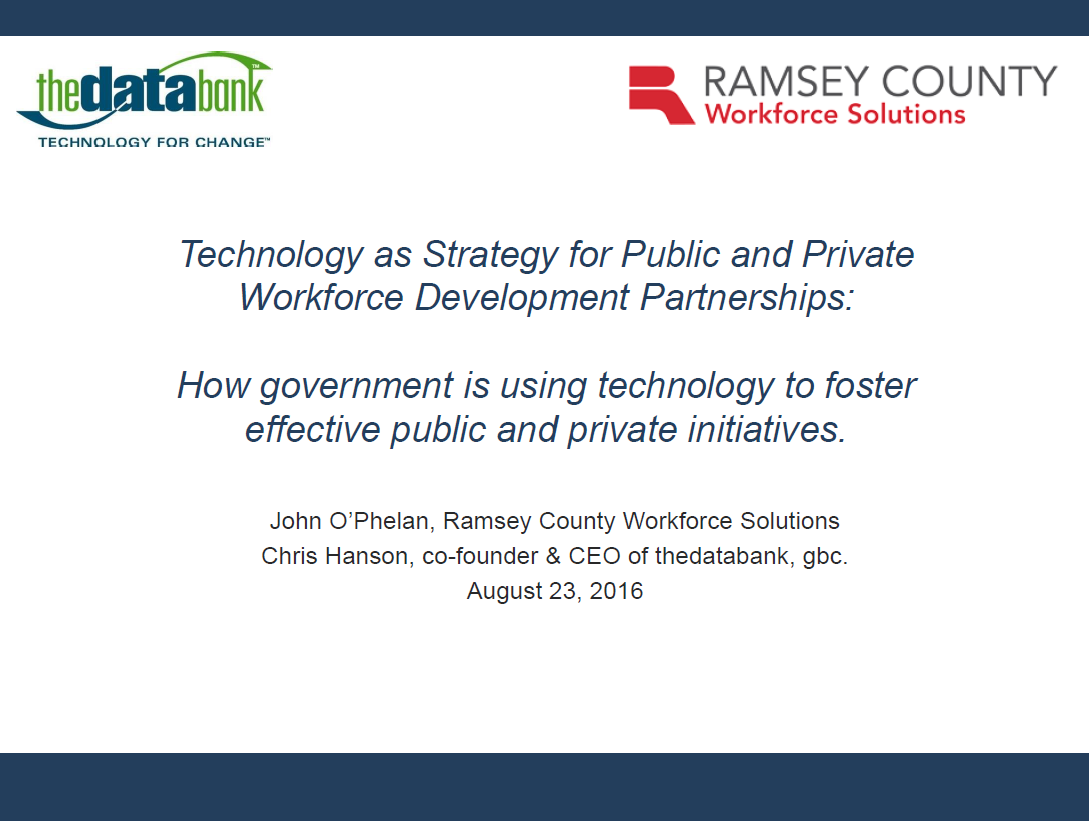Guest post by Sarah Suemnig – A Certified Fund Raising Executive with master’s degree and twelve years of training, community involvement, and professional fund and relationship development experience.
Everyone seems to want your money – right now! There are more than 1.5 million charities operating in the United States, and most of them are seeking year-end contributions. It’s no wonder your mailbox and inbox, as well as your donors’, overflow with appeal messages every November and December.
It is a relief that the tone of the appeals seems to be a bit lighter this year. Still, in the mountain of messages you find these implications:
“Please help us meet our financial crisis.”
“We’ll have to close our doors if we don’t pay our bills.”
“Children will starve unless you give.”
It’s a little depressing. And it’s downright confusing. Does the world fall apart only in the last two months of every calendar year? Of course not. There are children to feed, the elderly to care for, and illnesses to be cured 365 days a year.
The practical explanation for this onslaught is a combination of many donors finding that year-end is the best time to make their gifts, and many organizations waiting until the last possible minute to ask. It can be to the donor’s benefit that various charities solicit their gift at the end of the calendar year. We all know that the gifts you make by December 31 can be deducted from your taxes due the following April 15. It is often also beneficial to make a gift of securities or appreciated assets at year-end.
However, I believe there is a less pragmatic explanation. These appeals reflect the tendency of us all to look back on the year we’ve just lived and anticipate the direction of our lives in the year to come. We can proudly reflect on our impact this year on the world, and make public our dreams and goals for next year.
As you put pen to paper or fingers to keys to write your year-end appeal, I encourage you to take the less pragmatic path. Reflect on your impact this year and on the year you and your donors have just lived together. Celebrate, not what your organization accomplished, but what your donors’ support accomplished. Rather than, “Thanks to you, we put 1,000 people back to work,” try a phrase like, “You put 1,000 people back to work.” It essentially says the same thing, but in the second example the donor is recognized for being an essential member of the team.
Help your donors as they sort through and consider the variety of appeals they are receiving. Remind them of the truly amazing advancements you and they have made together over the years. Then help them find hope for the future they are creating with their gift to your organization. Be bold, be proud, be hopeful. I once wrote in an appeal: “Your new (cancer center) will be a world-class facility right here in (our state), ringing in a new age of cancer care and treatment for generations to come.” A little over the top, perhaps, but definitely in the spirit of the holidays to dream of the good years to come.
At year end, I encourage you to pause amidst the chaos. Reflect on the joy of the season and find hope for the new year in your writing. And don’t forget to ask for money.







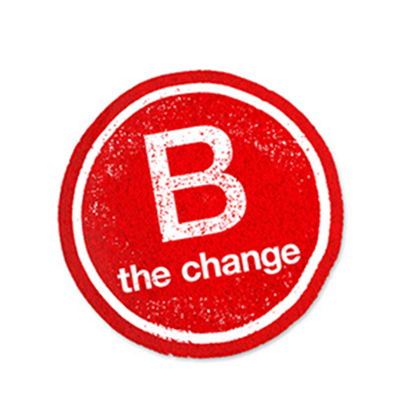


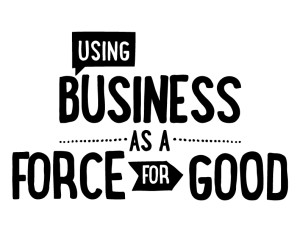
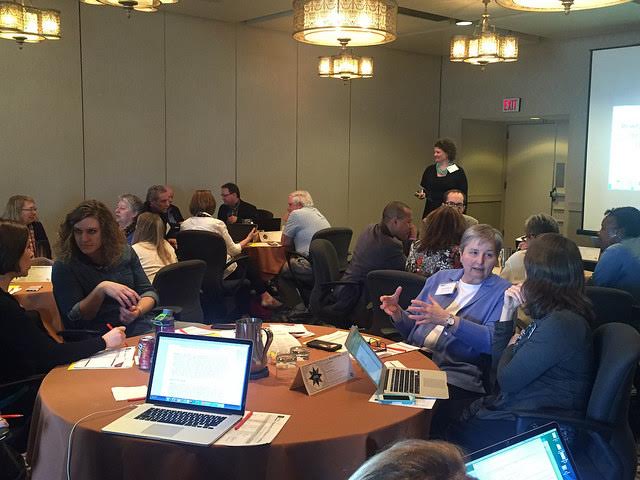
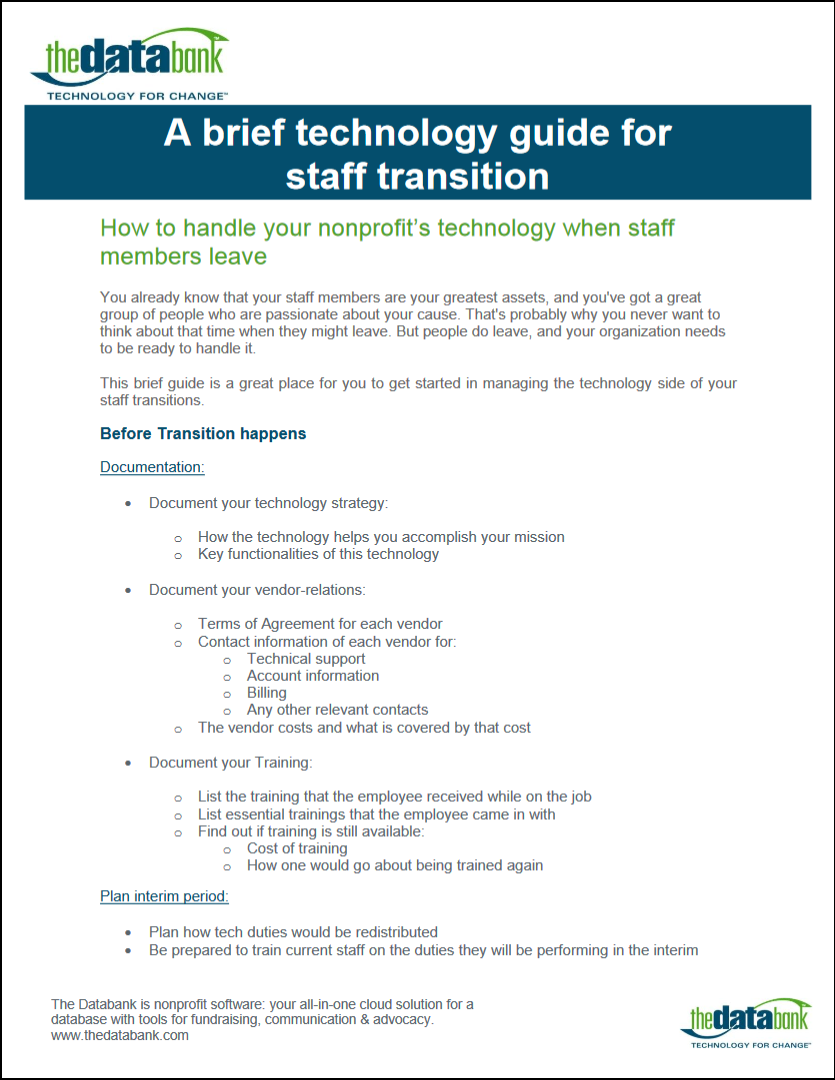

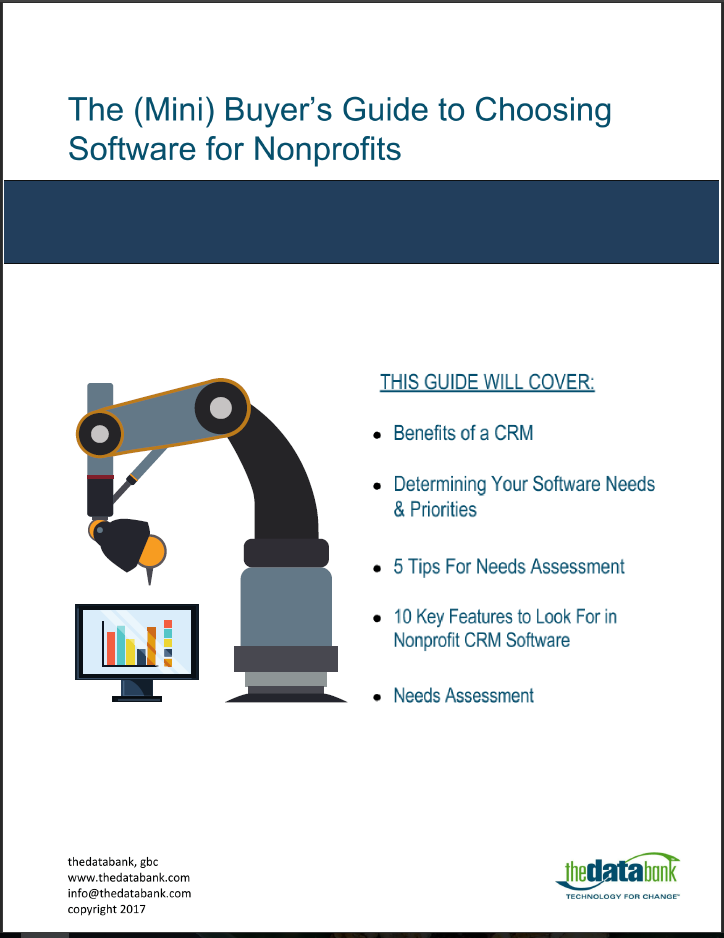


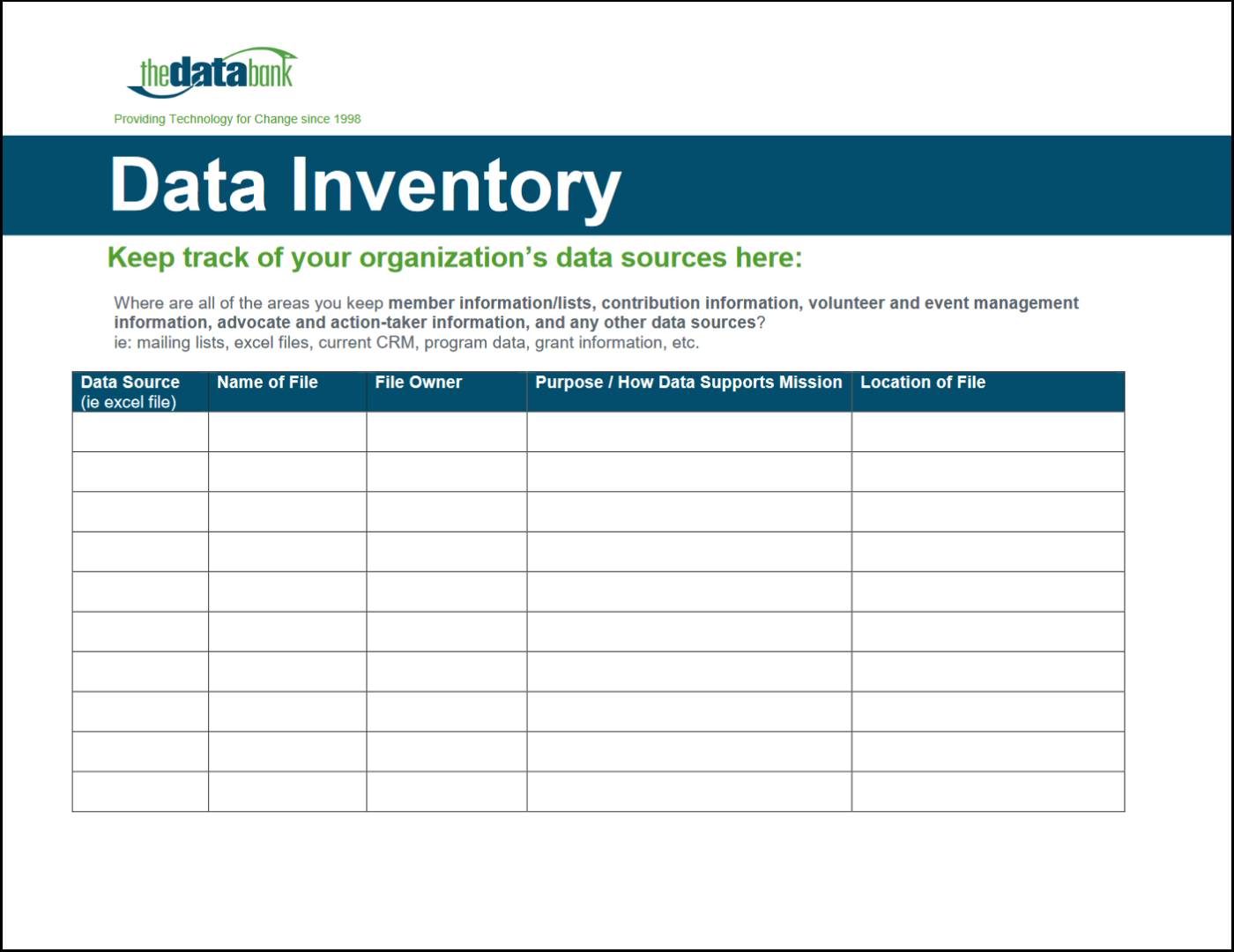




 thedatabank, gbc is technology for change, and we walk the talk.
thedatabank, gbc is technology for change, and we walk the talk. 